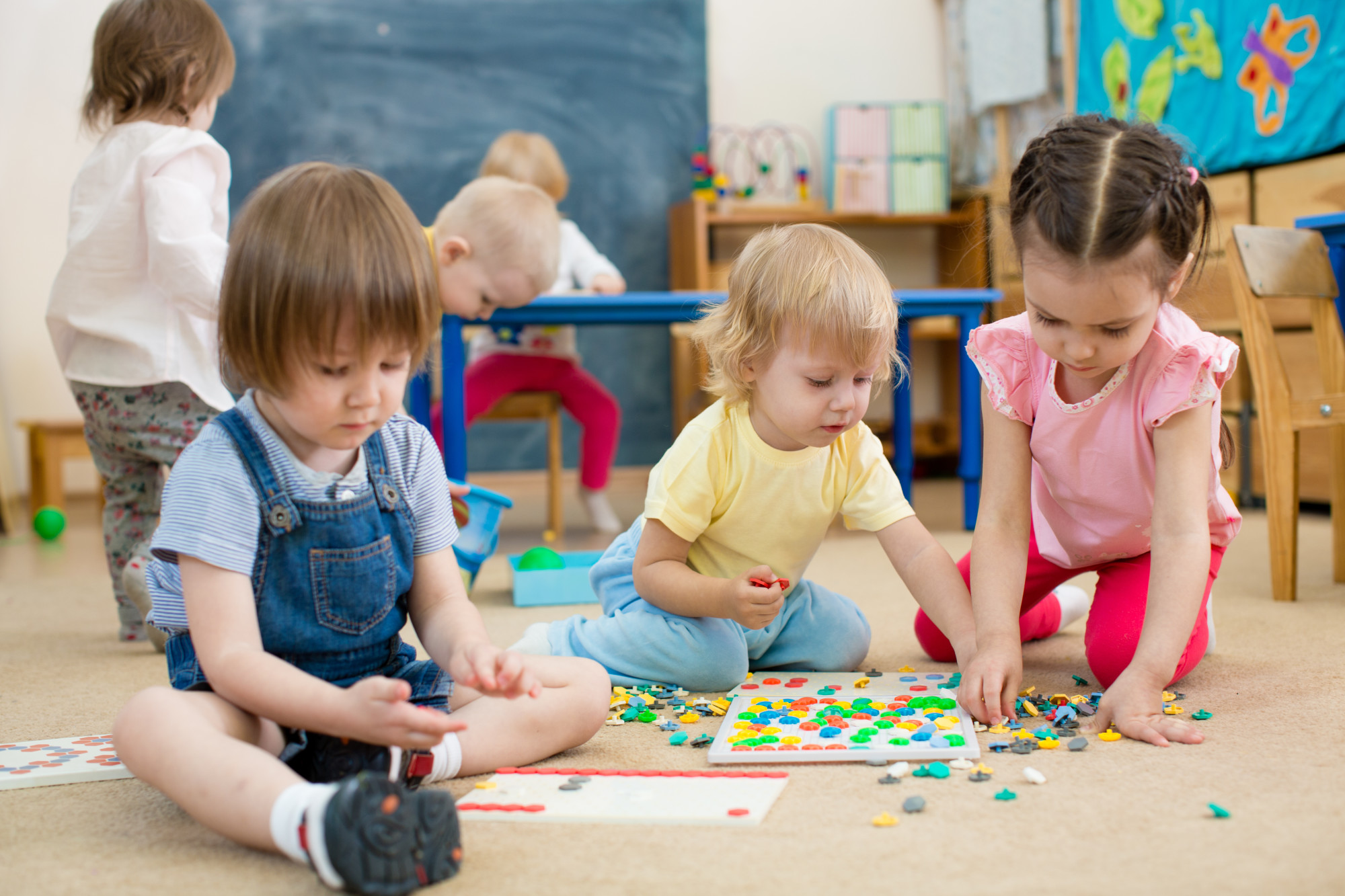
Did you know that more than 175 million children currently aren’t enrolled in early childhood education courses? This statistic should alarm many parents.
While many individuals think that childhood education begins in kindergarten, the reality is that children begin learning much earlier. And a lack of early childhood education can lead to lasting issues further down the line.
If you want to learn more about the importance of early childhood education, then you’re in the right place. In this article, we’ll go over some of the reasons why parents should prioritize their child’s early education. Let’s get started!
A Child’s Brain Grows Quickly
Did you know that before a child turns six years old their brain is 90% developed? Many parents forget just how rapidly their child’s brain develops. And, if you want your child to have a successful educational experience, then it’s important to begin shaping their mind as soon as you can.
The benefits of taking advantage of this early stage of development aren’t limited to quantifiable merits, like vocabulary size or art skills. They also help introduce important social skills, values, and interests that might be missed outside of an educational environment.
It Helps Them Learn Social Skills
Perhaps one of the most underrated parts of early childhood education is the fact that kids can interact with other kids that are the same age. This helps them begin forming crucial social skills that will help them later on in life.
As anyone whose been homeschooled can probably attest, a home learning environment differs greatly from a public one. While family socialization is important, it’s not indicative of what relationships will be like outside of the family.
In the real world, you have friends, acquaintances, and people you might not get along with. And, if you don’t know how to interact with these three groups, then problems can arise, whether it’s in your personal life or the workplace.
By starting early, your child will quickly learn how to get along with others in a safe and controlled environment. This, in turn, will give them the self-confidence to pursue more friendships outside of their family.
Paying attention to social skills is also important because it can help with the early identification of potential psychological disorders that can interfere with socialization. That way, if your child has the disorder, then they can get the help they need early on.
Early Childhood Education Helps Them Find the Fun In Learning
All too often children associate education with boring, soulless classes. However, the reality is that children are always learning. As such, it’s important to instill a lifelong love of education by showing them that it can be fun.
Early childhood education is a great place to start this. Art classes, reading books, and music lessons can help capture a child’s imagination in a way that’s interactive and fun.
If they stick with it, then this can make English, history, and science classes much more fun to learn about in their future studies.
It Begins Honing Their Attention Span
Anyone who’s been a parent knows that children naturally have exceptionally short attention spans. This can cause them to jump from activity to activity without focusing on something long enough to retain it.
Early childhood education gives them a period where they need to focus on individual tasks. When you combine this with group work you help prepare a child for the attention that will be required in primary school classes.
It also helps teachers and parents identify potential attention disorders in their children and students. This, in turn, can help them get the treatment that they’ll need to focus on in class.
It’s Important For Their Short Term and Long Term Health
Early childhood education aids both the short-term and long-term health of your child. In terms of the short term, it provides them with frequent medical screenings to determine whether or not they’re healthy to be around other kids.
It also provides them with nutritious lunchtime meals. In terms of long-term benefits, they will be less likely to engage in risky behavior like drug use and early pregnancy.
When children have a good education, they will learn about the importance of taking care of their health and prioritizing good decisions in their life.
What Are the Society Benefits of Early Childhood Education?
We’ve gone over the importance of early childhood education for the children themselves. But, what about the tangible benefits that affect society? For one thing, early education leads to better health.
When people have an education, they typically have both the means and the knowledge to prioritize their health. This typically also results in reduced dependence on the welfare system. Studies also show that educated individuals commit less crime.
Finally, educated individuals result in more labor participation and higher incomes across the board. So, as you can see, early education can raise communities out of poverty if it’s taken seriously.
And, let’s not forget about the many jobs that early education creates. This entire field helps support a huge amount of teachers and educators that devote themselves tirelessly to the field.
Make sure to check out this article if you want to continue reading about the benefits that come with pre-primary education.
Enjoy Learning About the Importance of Early Childhood Education? Keep Reading
We hope this article helped you learn more about the importance of early childhood education. As you can see, this type of education doesn’t just impact a child’s likelihood to succeed in school.
It also has important health and societal benefits that must be considered. As such, if you have a child that’s reaching the age for early childhood education, then you should begin looking for good schools today.
Did you enjoy this article? If the answer is yes, then you’re in the right place. Keep exploring to find more topics that you’re sure to love.
Leave a Reply